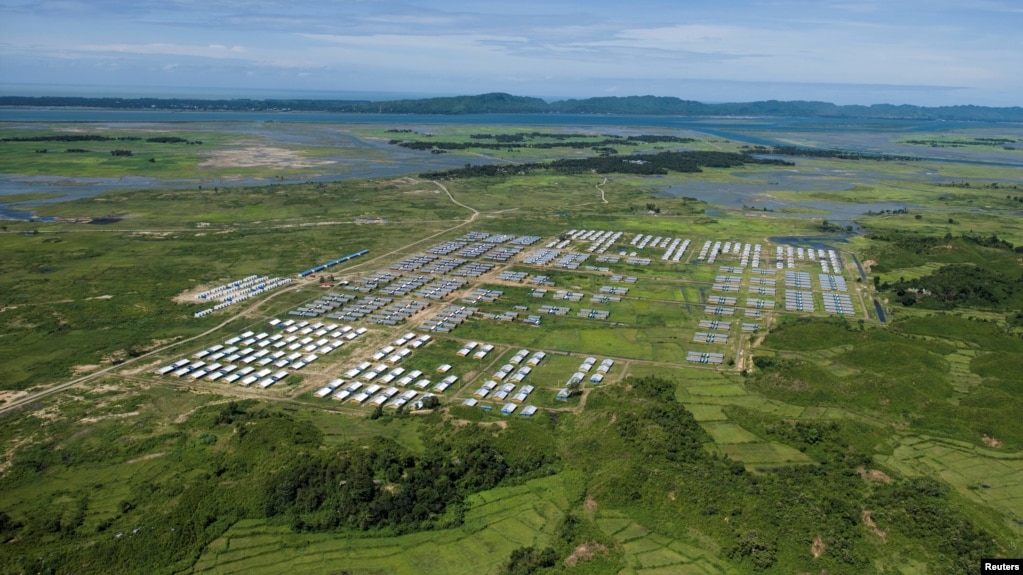Muslim Communities Lack Freedom of Movement in Myanmar’s Rakhine State

The two agencies visited 23 villages and three village tracts in Myanmar’s Rakhine State. They said their teams were able to go wherever they wanted and to meet with whomever they wished.
UNHCR spokesman Andrej Mahecic said the focus of their meetings was to find out the conditions under which people are living and the challenges they face.
“These assessments are happening in the context of the crisis that unfolded last year. So, clearly there is also an impact on how people live and everybody that the teams have met are facing a very difficult situation, especially in making ends meet,” he said.
Mahecic said people in Rakhine spoke about their inability to make a living and get basic services because of severe restrictions on their freedom of movement. He said mistrust, fear of neighboring communities and a sense of insecurity are prevalent in many areas.
“Fear and mistrust, has an impact on access to education, health and other basic services. It also limits interactions between communities, hindering prospects for confidence-building and social cohesion. The communities we visited frequently spoke of challenges in getting to health services as well as restrictions on the Muslim population in accessing education,” said the spokesman.
The UNHCR and UNDP signed a Memorandum of Understanding with Myanmar in early June. The MOU seeks to create conditions conducive to the voluntary, safe, dignified and sustainable return of Rohingya refugees from Bangladesh and their reintegration in Rakhine State.
On the basis of these initial assessments, Mahecic said it is clear that none of these conditions have been met.
